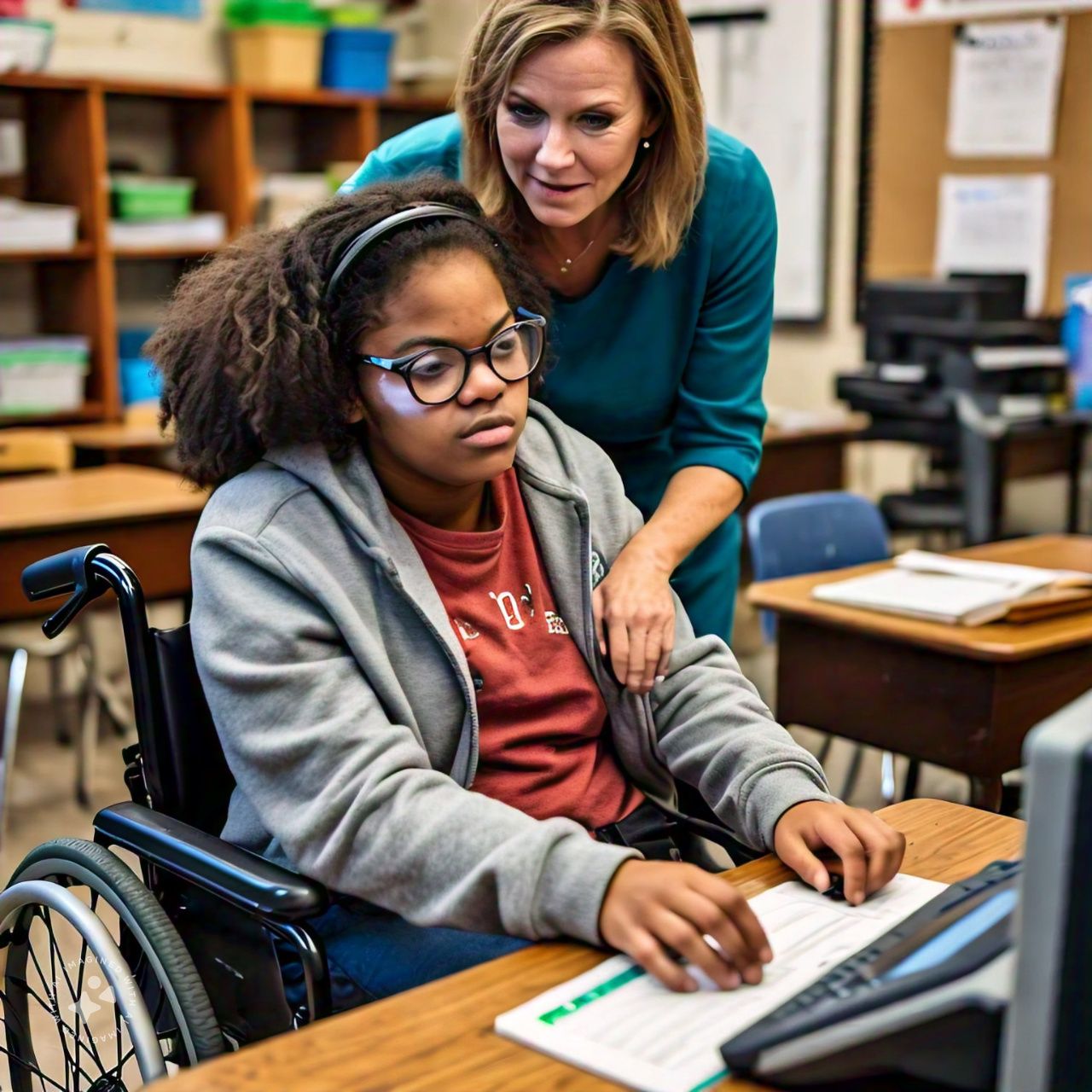
“Empowering Inclusion: Why Governments Must Support Disabled Students’ Education”
As a student affairs practitioner, I’ve witnessed firsthand the transformative power of education. However, students with disabilities often face unique barriers to accessing quality education. Governments have a critical role in bridging this gap. In this article, we’ll explore the compelling reasons why governments should prioritize supporting disabled students’ education.
Reasons for Government Support:
1. Equal Opportunities: Ensure equal access to education, a fundamental human right.
2. Social Inclusion: Foster inclusive societies by promoting diversity and acceptance.
3. Economic Benefits: Educated disabled individuals contribute to the workforce, reducing dependency.
4. Talent Development: Unleash hidden potential, innovators, and leaders.
5. Reducing Poverty: Education breaks cycles of poverty, improving socio-economic status.
Challenges Faced by Disabled Students:
1. Physical Barriers: Inaccessible infrastructure, transportation.
2. Financial Constraints: Higher education costs, limited resources.
3. Social Stigma: Discrimination, marginalization.
4. Limited Resources: Insufficient support services, assistive technology.
Government Initiatives:
1. Accessible Infrastructure: Adapt buildings, transportation.
2. Scholarships and Funding: Provide financial assistance.
3. Support Services: Counselors, assistive technology.
4. Inclusive Curriculum: Incorporate disability awareness.
5. Teacher Training: Enhance disability sensitivity.
Success Stories:
1. Inclusive Education Models: Successful implementations worldwide.
2. Disability Advocacy: Empowered disabled individuals driving change.
Conclusion:
Governments have a moral and economic imperative to support disabled students’ education. By investing in inclusive education, governments unlock human potential, foster social inclusion, and drive economic growth.
Call to Action:
Let us work together to:
1. Advocate for policy changes.
2. Allocate resources.
3. Promote disability awareness.
Recommendations:
1. Collaborate with disability organizations.
2. Conduct accessibility audits.
3. Develop inclusive education frameworks.
Additional Resources/References:
1. UN Convention on the Rights of Persons with Disabilities.
2. World Health Organization’s Disability and Education resources.
3. National Disability Organizations.
✍️ By: Gabriel Chibuikem Eze.
Intriguing!
This is very wonderful. Parents have important role in the lives of their children
Intriguing!
Cool
Nice one , Gabby!
Intriguing!
This is fabulous.